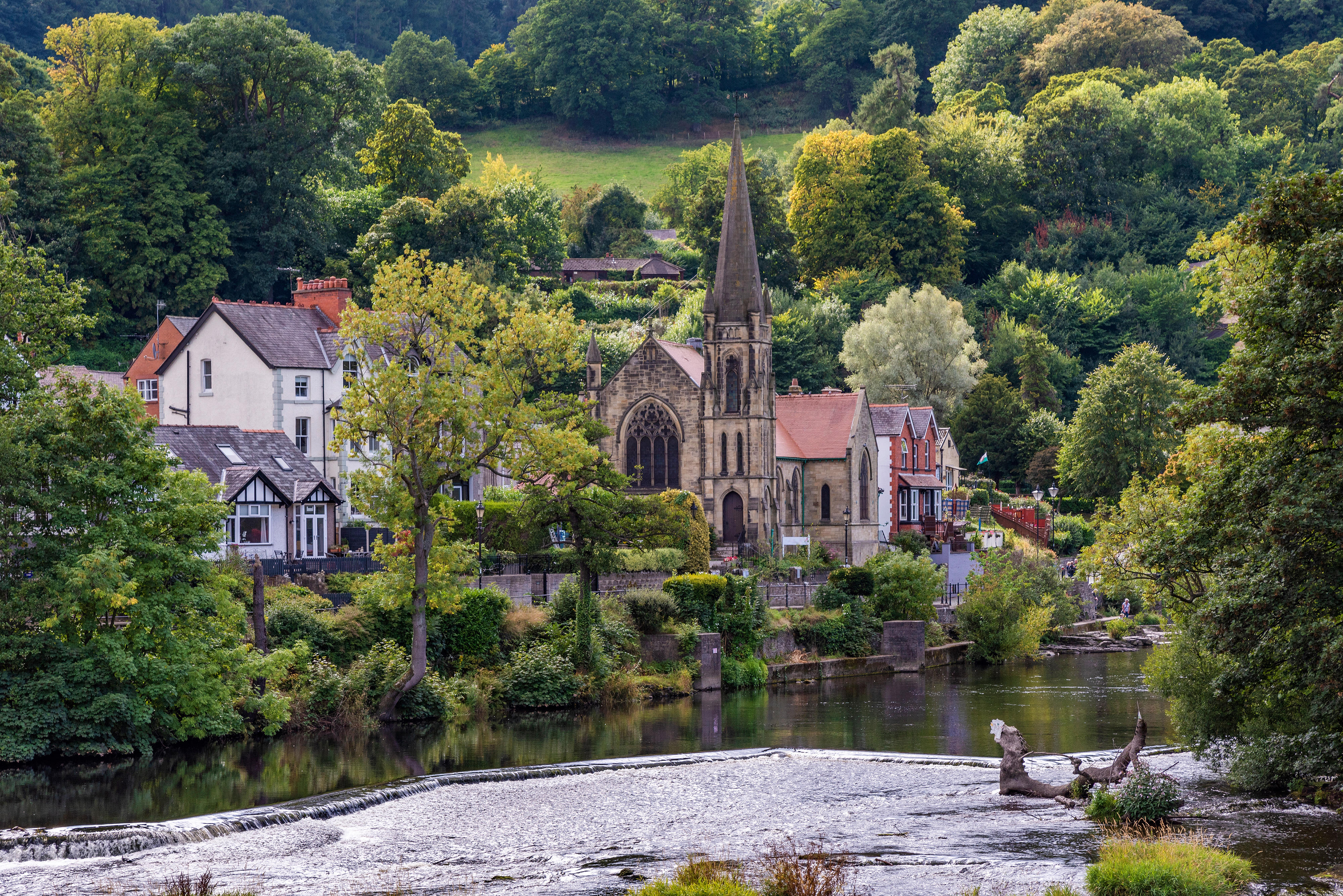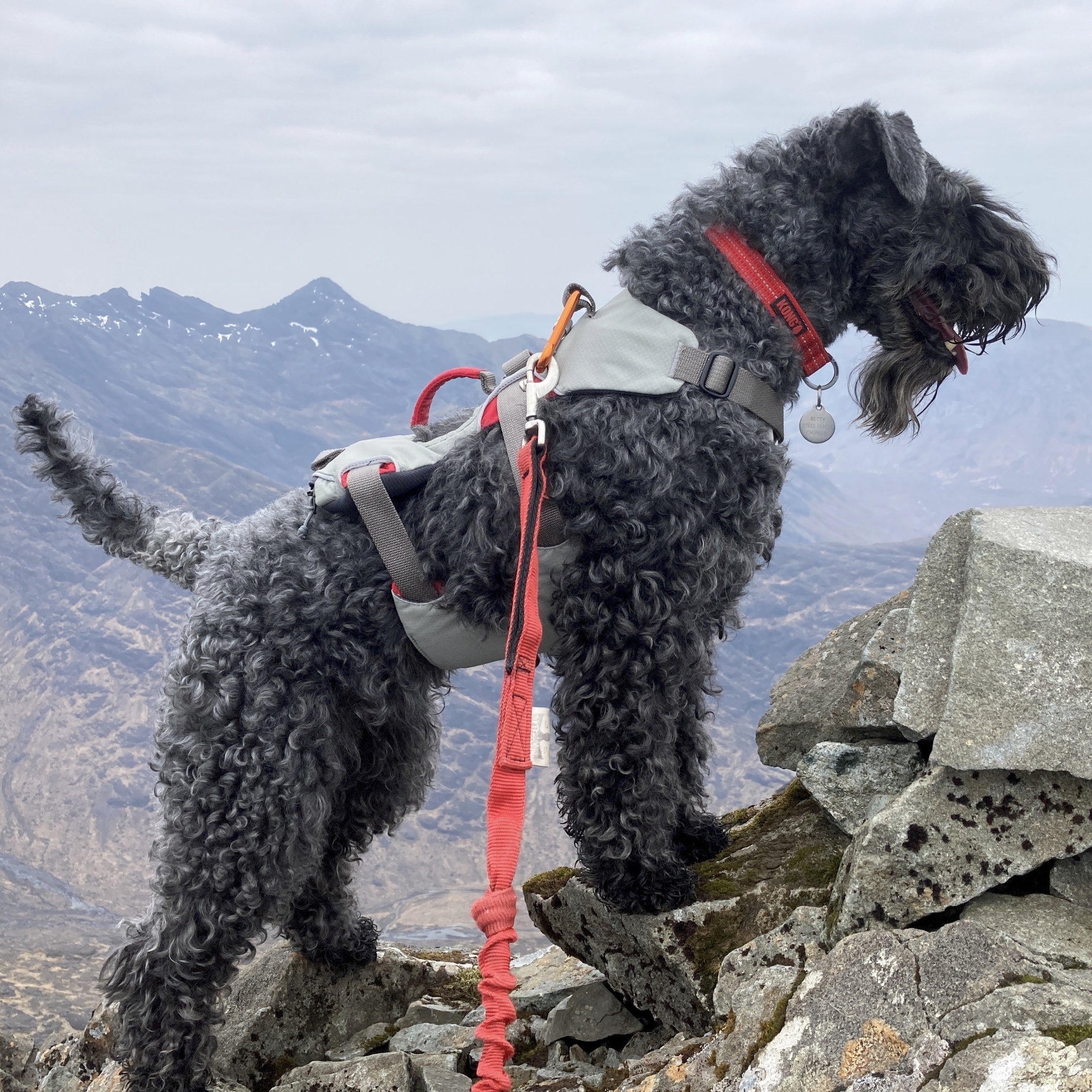Carla Carlisle on Obama's inauguration
Carla rises at the crack of dawn to watch Barack Obama be inaugurated in Washington as the forty fourth President of the United States


We set out in dawn’s early light, wrapped in so many layers that our knees and elbows can’t bend. Our starting point is Washington’s National Cathedral, its Gothic twin towers a faithful compass for citizens of the nation’s capital, and, today, a compass for our history: it was in this cathedral that Martin Luther King Jr gave his last Sunday sermon just days before going to Memphis and the assassin’s bullet. Our group of pilgrims, a cousin age of two generations, is evenly divided, the under-21 brigade a fast-moving air-traffic control, monitoring history on their BlackBerries.
‘The Stanford group found a cab and are already on the Mall,’ Cooper tells us. ‘The line outside Union Station is now six blocks long,’ reports Gabriel, who, at 18, was the youngest field organiser in the campaign, spending his gap year working 12-hour days in Montgomery County, Pennsylvania. I hear my Sam relaying events to Thea in Edinburgh.
The ancien régime’s thoughts are harder to share. We’re three white southerners who grew up in a landscape where ‘White’ and ‘Colored’ divided water fountains and waiting rooms, where the myth of ‘separate but equal’ deluded our schools, and the black people we knew could not vote. We left that world behind long ago, but its legacy, like knuckle tattoos of ‘Love’ and ‘Hate’, has never completely faded.
Two miles on, numbed by the Siberian temperatures, I’m guiltily wondering if this is such a good idea, when an empty cab and an SUV stop and offer lifts for ‘as close as we can get’. It’s four miles of heated deliverance, its magnitude revealed when we reach the Mall and begin to walk towards our destination: Blue Gate. We will walk, wait, stand and inch forward for 4½ hours, longer than I’ve ever waited for anything.
And we’re the lucky ones, clutching precious tickets to the crescent below the inaugural platform. All 230,000 of us. The other two million stretch out for two miles beyond. But as we wait, we feel something. It’s like the song that goes ‘There’s something’s happening here’, and the happening is a big-hearted happiness. It’s overwhelming. ‘This is incredible. It feels like a scene from the Bible,’ says a man behind me.
‘Or a movie,’ says his daughter. We sing, chant ‘O-ba-ma’ and ‘Yes we can’, talk to strangers and say reluctant farewells when the flow of the crowd heaves us apart. No one complains or pushes in this jubilant new world of endless patience. When we enter the Promised Land, it’s almost noon. We crane our necks and peep between heads to see a giant screen. Two black women behind me identify all the dignitaries as they appear.
When Laura Bush arrives, the crowd falls silent. When Michelle Obama appears, we go wild. Then George Bush emerges. Boos begin to swell, but the women behind me shush the crowd. ‘Respectful silence,’ they say, and the crowd obeys. Finally, the new President arrives, young and handsome in his overcoat. Then the screen shows us what he sees: a crowd that stretches into infinity. As we lift our hands in joy, it looks like a vast field of barley blowing in the wind.
Sign up for the Country Life Newsletter
Exquisite houses, the beauty of Nature, and how to get the most from your life, straight to your inbox.
The simple oath is only 35 words long. Aretha Franklin’s My Country, ’Tis of Thee leaves us longing for more. And then the Inaugural Address, a sombre 18 minutes in which President Obama moves from ‘Hope’ to the bleaker reality of ‘Hope against hope’. There’s no single phrase that we’ll always remember, but this is a crowd that knows that ‘nothing to fear but fear itself’ is palpably untrue; there is much, much else to fear. What gives us hope is the sense that a new day has come.
We feel it when the new President says ‘so help me God’, and again when we look up in the sky at the helicopter taking the Bushes to the airport. A stunned silence, followed by a roar. As the crowd waves farewell, a voice as deep as Paul Robeson’s yells out ‘Hey! We got our country back!’ and the choir of a million voices answers ‘Amen’.
Country Life is unlike any other magazine: the only glossy weekly on the newsstand and the only magazine that has been guest-edited by HRH The King not once, but twice. It is a celebration of modern rural life and all its diverse joys and pleasures — that was first published in Queen Victoria's Diamond Jubilee year. Our eclectic mixture of witty and informative content — from the most up-to-date property news and commentary and a coveted glimpse inside some of the UK's best houses and gardens, to gardening, the arts and interior design, written by experts in their field — still cannot be found in print or online, anywhere else.
-
 About time: The fastest and slowest moving housing markets revealed
About time: The fastest and slowest moving housing markets revealedNew research by Zoopla has shown where it's easy to sell and where it will take quite a while to find a buyer.
By Annabel Dixon
-
 Betty is the first dog to scale all of Scotland’s hundreds of mountains and hills
Betty is the first dog to scale all of Scotland’s hundreds of mountains and hillsFewer than 100 people have ever completed Betty's ‘full house’ of Scottish summits — and she was fuelled by more than 800 hard boiled eggs.
By Annunciata Elwes